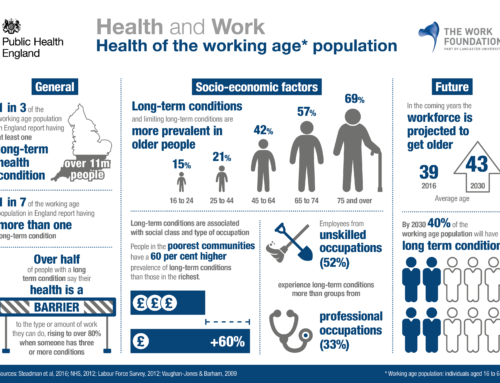Eligible employees can take unpaid parental leave to look after their child’s welfare, eg to:
- spend more time with their children
- look at new schools
- settle children into new childcare arrangements
- spend more time with family, such as visiting grandparents
Their employment rights (like the right to pay, holidays and returning to a job) are protected during parental leave.
[hr height=”30″ style=”default” line=”default” themecolor=”1″]
Entitlement
Parental leave is unpaid. Employees are entitled to 18 weeks’ leave for each child and adopted child, up to their 18th birthday.
The limit on how much parental leave each parent can take in a year is 4 weeks for each child (unless the employer agrees otherwise).
Employees must take parental leave as whole weeks (eg 1 week or 2 weeks) rather than individual days, unless the employer agrees otherwise or if the child is disabled. Employees don’t have to take all the leave at once.
A ‘week’ equals the length of time an employee normally works over 7 days.
Example
If an employee works 3 days a week, one ‘week’ of parental leave equals 3 days. If an employee works irregular weeks the number of days in a ‘week’ is the total number of days they work a year divided by 52.
[hr height=”30″ style=”default” line=”default” themecolor=”1″]
Carrying leave over from a previous job
Parental leave applies to each child not to an individual’s job.
Example
An employee is entitled to 18 weeks. They’ve used 10 with a previous employer. They can use up to 8 weeks with their new employer if they’re eligible.
[hr height=”30″ style=”default” line=”default” themecolor=”1″]
Eligibility
Employees qualify if all of these apply:
- they’ve been in the company for more than a year
- they’re named on the child’s birth or adoption certificate or they have or expect to have parental responsibility
- they’re not self-employed or a ‘worker’, eg an agency worker or contractor
- they’re not a foster parent (unless they’ve secured parental responsibility through the courts)
- the child is under 18
Employers can ask for proof (like a birth certificate) as long as it’s reasonable to do so, eg they can’t ask for proof each time an employee requests leave.
Employers can extend parental leave to those groups who aren’t eligible.
[hr height=”30″ style=”default” line=”default” themecolor=”1″]
Notice period
Employees must give 21 days’ notice before their intended start date. If they or their partner are having a baby or adopting, it’s 21 days before the week the baby or child is expected.
Employees must confirm the start and end dates in their notice. Unless an employer requests it, this doesn’t have to be in writing.
[hr height=”30″ style=”default” line=”default” themecolor=”1″]
Refusing leave
Leave can’t be refused or delayed if:
- the employer doesn’t have a ‘significant reason’, eg it would cause serious disruption to the business
- it’s being taken by the father or partner immediately after the birth or adoption of a child
- it means an employee would no longer qualify for parental leave, eg postponing it until after the child’s 18th birthday
If it’s postponed, the employer:
- must write explaining why within 7 days of the original request
- suggest a new start date – this must be within 6 months of the requested start date
- can’t change the amount of leave being requested





Leave A Comment
You must be logged in to post a comment.